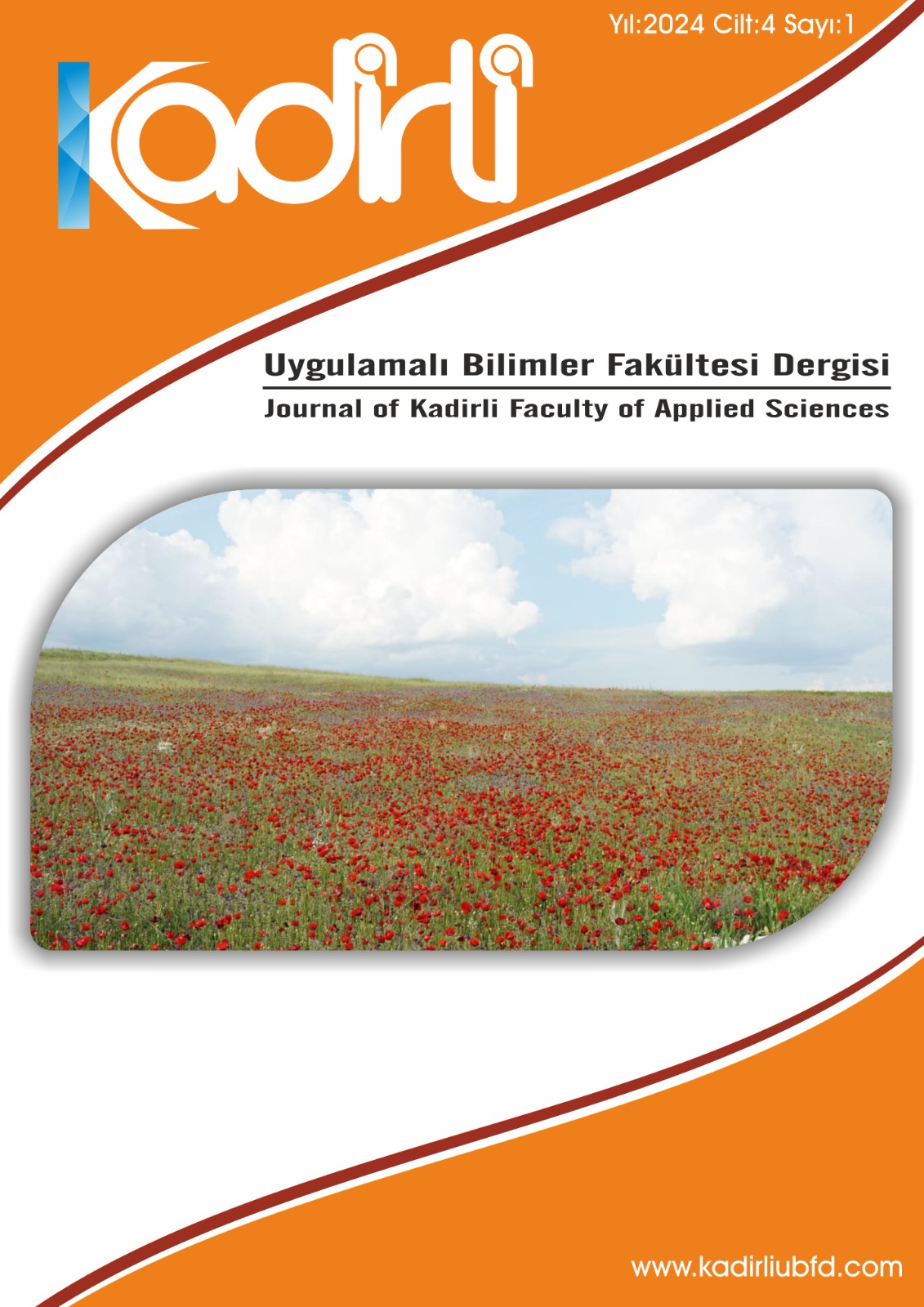The Effect of Iron Fertilizers on Nodulation of Peanut (Arachis hypogeae L.) Grown in Lime Soils
Keywords:
Foliar fertilizer, Iron fertilizer, Nodule formation, Peanut, ProteinAbstract
Formation of NC-7 peanut cultivar grown as the main crop was investigated. For this purpose, field trials were established in one location in 1999 and in two different locations in 2000 in the Kadirli District of Osmaniye, where iron chlorosis is very common in peanuts. Two iron fertilizers in the form of chelate [Fe-EDDHA (ethylenediamine-o-dihydroxyphenylacetic acid) containing 6% Fe] and mineral [Pyrite: (FeS2) 23% S, 35% Fe] were applied to the soil in powder form before planting. Two foliar fertilizers in different forms as powder and liquid were sprayed on the vegetative part in three different times and combinations of these, 30, 60 and 90 days after planting. A total of 17 applications, including control, were studied in the trial, which included the application of different forms of iron fertilizers to the soil and then to the leaves at different times. In the NC-7 peanut variety, which is sensitive to iron deficiency, it was determined that iron fertilizer applications did not affect the nodule weight in the roots and the protein content in the seed.
Downloads
Published
How to Cite
Issue
Section
License
Copyright (c) 2024 Kadirli Uygulamalı Bilimler Fakültesi Dergisi

This work is licensed under a Creative Commons Attribution-NonCommercial-ShareAlike 4.0 International License.





